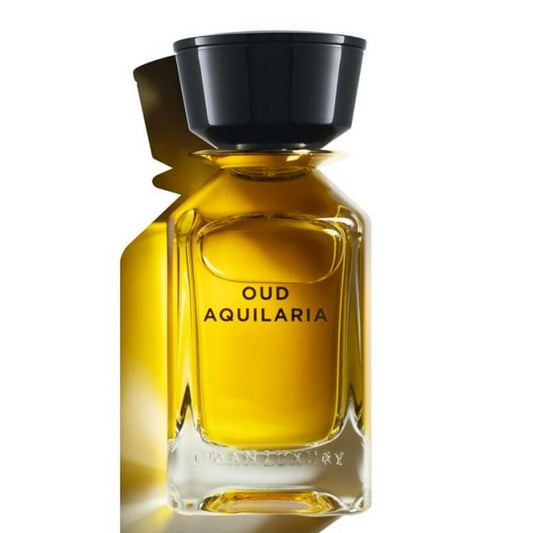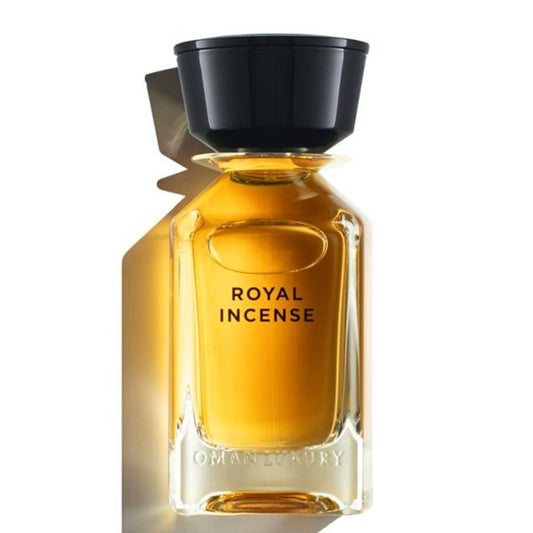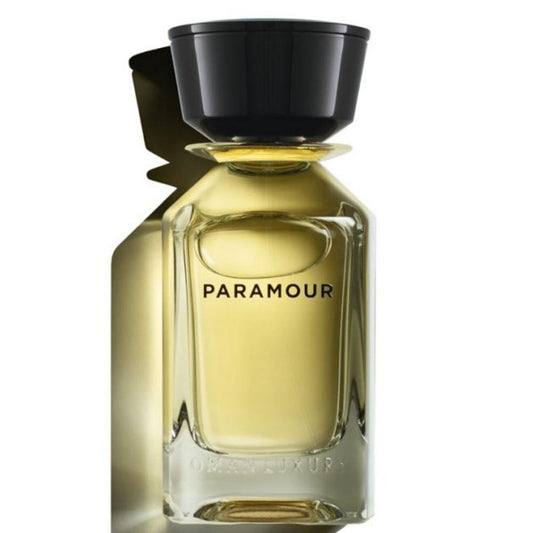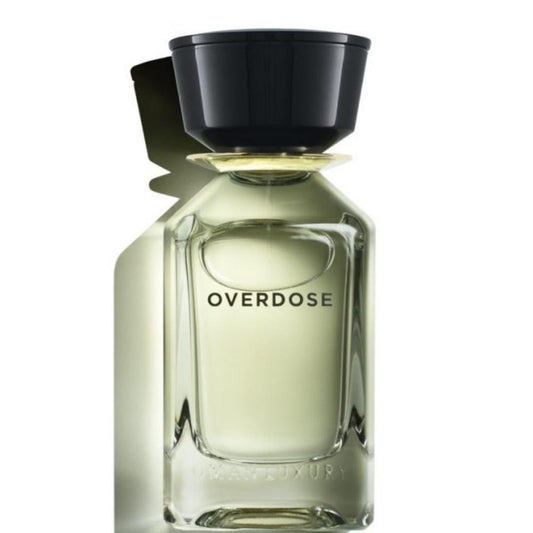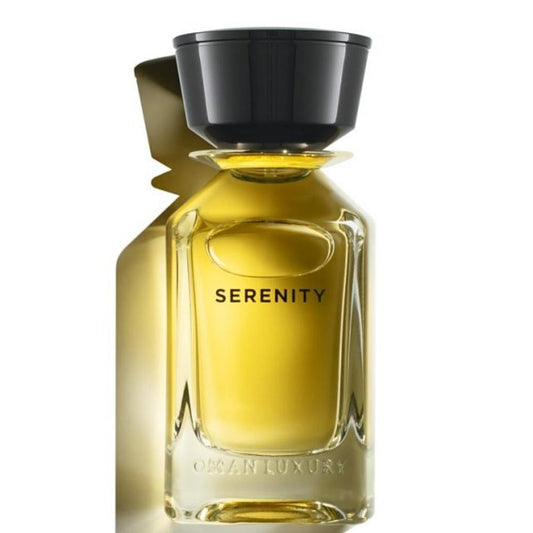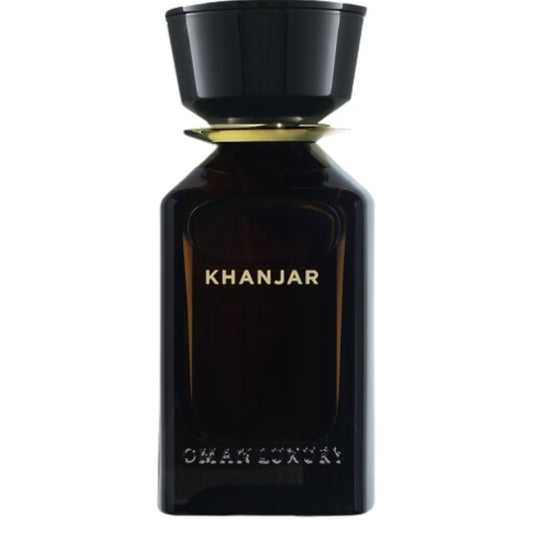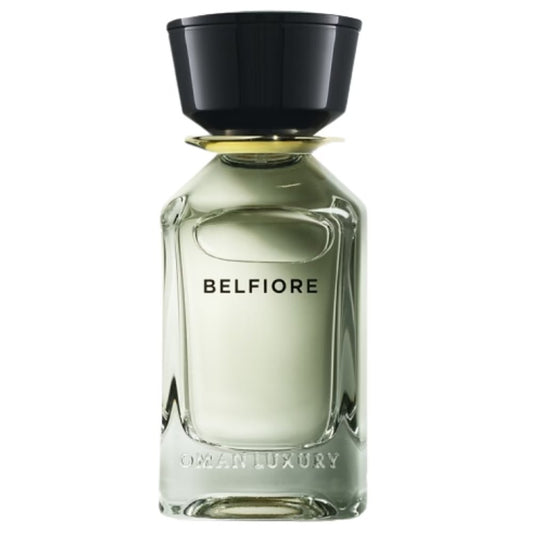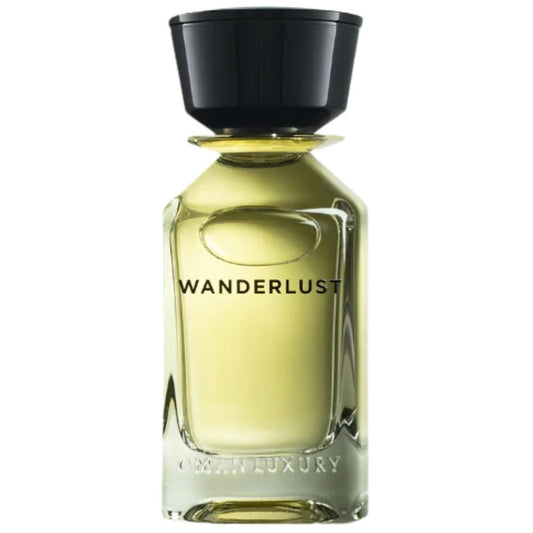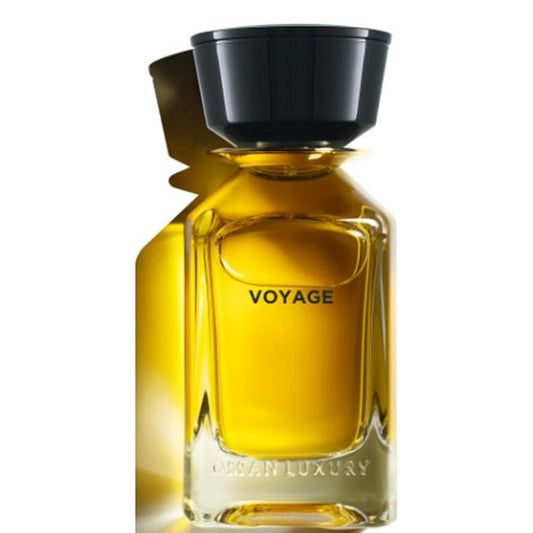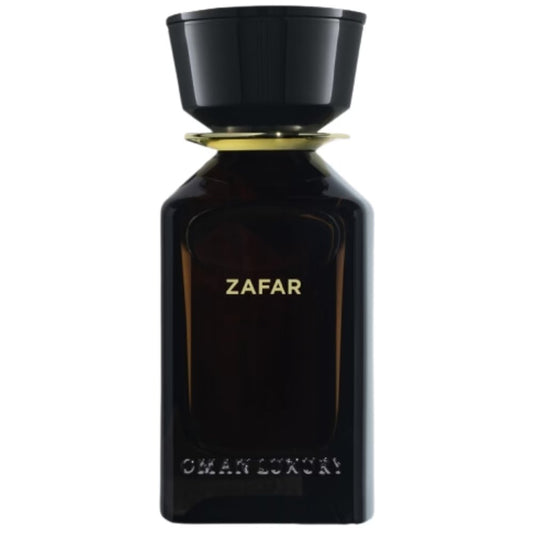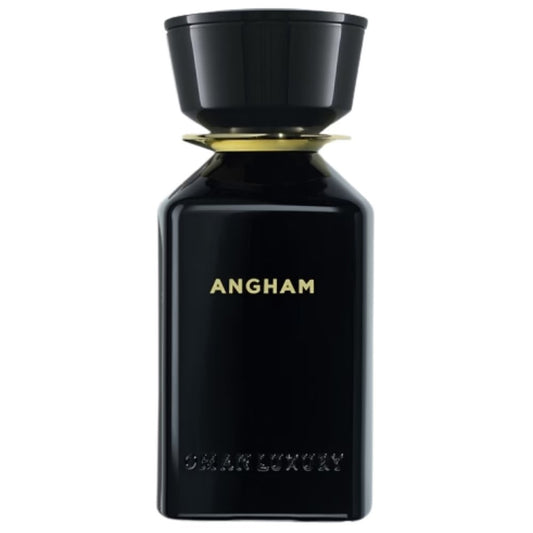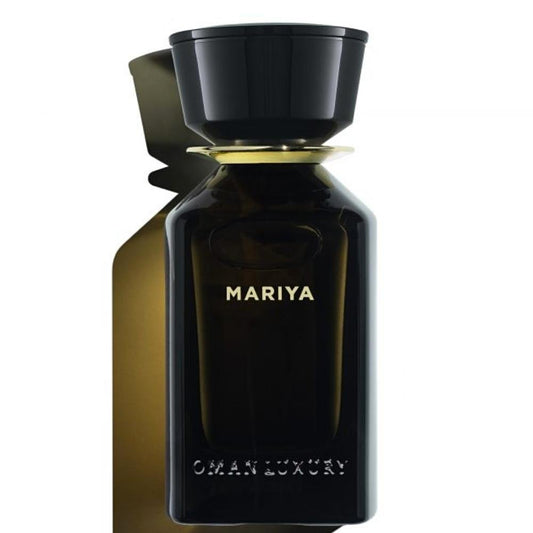Delving Deeper Into Eau de Parfum vs Eau de Toilette
The RabbitShare
Unveiling the Difference: Eau de Parfum vs Eau de Toilette
Have you ever found yourself puzzled by the multitude of fragrance options available and wondered about the differences between eau de parfum vs eau de toilette, and other types? You’re not alone! Choosing the perfect fragrance is not only about the scent, but also understanding the nuances that make each type unique. In this blog post, we will dive into the world of fragrances and help you unveil their fascinating distinctions, empowering you to select the ideal scent for any occasion.
Short Summary
-
Eau de Parfum and Eau de Toilette vary in concentration, lasting power and scent experience.
-
Citrus notes are ideal for daytime wear or warm climates while sweet scents make a statement at night.
-
When selecting a fragrance, consider lifestyle, skin type and trust your instincts to choose the perfect one for you.
Understanding Eau de Parfum and Eau de Toilette
The term “eau de toilette” and its counterpart “eau de parfum” sound sophisticated, don’t they? Originating from French perfumery, these phrases describe two distinct fragrance types that differ in their concentration, lasting power, and suitable occasions for wear. Eau de parfum, with a higher concentration of fragrance oil (15-20%), offers a more intense and long-lasting scent compared to the lighter eau de toilette, which has a concentration of 5-15%. Among the various eau de parfums and eau de toilettes available, you can find the perfect scent to suit your preferences and style.
When deciding between eau de parfum and eau de toilette, it’s essential to consider the intensity of the final scent. Trust your olfactory senses to discern the aromas and notes that appeal to you the most before making a definitive decision. And remember, each fragrance type has its unique strengths, making them suitable for different occasions and preferences.
Fragrance Concentration
Fragrance concentration refers to the percentage of fragrance oil present in a product. The higher the concentration, the more potent and long-lasting the scent. Eau de parfum concentration boasts a range of 15-20%, while eau de toilette offers a more modest 5-15%. Perfume, with more than 20% oil concentration, represents the highest fragrance concentration among fragrance types, including perfume oil.
Understanding fragrance concentration is crucial when selecting a scent, as it influences not only the intensity but also the lasting power and overall scent experience. For instance, if you prefer a more robust and profound aroma, an eau de parfum may be the better choice. On the other hand, if you’re looking for a lighter and more refreshing option, an eau de toilette may be more suitable.
Lasting Power
Eau de parfum’s higher concentration gives it a longer-lasting effect on the skin compared to eau de toilette. While eau de toilette typically lasts for two to three hours, eau de parfum can linger for six to eight hours. This difference in lasting power makes eau de parfum the ideal choice for those seeking a scent that will persist throughout the day or evening.
However, if you’re searching for a lighter fragrance that can be re-applied throughout the day or worn in warmer temperatures, eau de toilette may be the perfect option. With its more modest concentration, it offers a fresh and invigorating scent experience without overpowering the senses.
Suitable Occasions
Different occasions may call for different fragrances, and understanding the suitable occasions for eau de parfum and eau de toilette can help you make the right choice. Eau de parfum is more appropriate for evening events and cooler temperatures, thanks to its warmer and more intense aroma. On the other hand, eau de toilette’s lighter and fresher scent makes it an optimal choice for daytime and warmer climates.
Ultimately, when selecting a fragrance, consider the type of event and weather conditions to ensure that your scent complements your daily activities and leaves a lasting impression.
The Role of Fragrance Notes
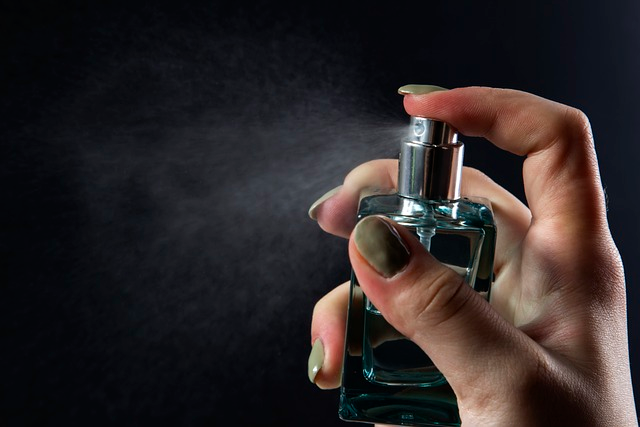
Fragrance notes play a significant role in the overall scent experience, adding complexity and depth to each fragrance. They are responsible for the various aromas you detect as a fragrance evolves on your skin. Notes are generally classified into three main types: top notes, heart notes (also known as middle or mid notes), and base notes.
Citrus notes and sweet scents are two examples of fragrance notes that can greatly influence the scent experience. Citrus notes are often found in eau de toilette, providing a crisp and invigorating aroma, while sweet scents are more prevalent in eau de parfum, offering a richer and more intense fragrance.
Citrus Notes
Derived from citrus fruits like oranges, lemons, and limes, citrus notes are known for their light, fresh, and uplifting qualities. They are commonly found in eau de toilette, imparting a refreshing and energizing scent that makes them perfect for daytime wear or warmer environments.
If you’re seeking a fragrance that awakens the senses and leaves you feeling invigorated, consider an eau de toilette with prominent citrus notes.
Sweet Scent
Sweet scents, such as:
-
vanilla
-
caramel
-
chocolate
-
fruity notes
-
floral notes with a sweet undertone
are more common in eau de parfum. These fragrances offer a richer and more intense aroma, making them ideal for evening events or colder weather.
If you’re looking to make a statement with your fragrance and prefer a scent that lingers throughout the night, consider an eau de parfum with sweet notes.
The Art of Layering
Layering fragrances is an innovative way to create a unique and personalized scent experience. By applying different fragrances on top of one another, you can blend and combine various notes to craft a scent that reflects your preferred aromas and mood.
To achieve the best results, start with the most potent fragrance and layer lighter ones on top, experimenting with different combinations until you find the perfect scent for you.
Comparing Eau de Cologne and Eau Fraiche
If you’re looking for lighter fragrance options, eau de cologne and eau fraiche might be the perfect alternatives for you. Both types have lower fragrance concentrations compared to eau de parfum and eau de toilette, making them ideal for those who prefer a less intense aroma. Eau de cologne has a weaker scent concentration and typically lasts up to two hours, while eau fraiche has the weakest scent concentration and is suitable for sensitive skin due to its high water content.
Let’s take a closer look at the characteristics of these two lighter fragrance options, and how they differ from their more concentrated counterparts.
Eau de Cologne
Eau de cologne, with a much lower fragrance concentration than eau de parfum and eau de toilette, is a more affordable option that typically lasts up to two hours. It is characterized by its refreshing and invigorating scent, often containing a mixture of citrus oils, such as:
-
lemon
-
orange
-
tangerine
-
bergamot
-
lime
If you’re seeking a fragrance that is elegant, balanced, and has a cheerful and summery vibe, eau de cologne might be the perfect choice for you.
Eau Fraiche
Eau fraiche, with an even lower fragrance concentration of 1-3%, is a lighter and more delicate fragrance option. It is particularly suitable for those with sensitive skin, as it contains a high amount of water and does not contain a substantial quantity of alcohol. Its subtle aroma makes it an excellent choice for those who prefer a less intense scent experience or those who are looking for a fragrance to wear in warmer climates or during daytime activities.
It is a great option for those who want to enjoy a light, refreshing scent without overwhelming them.
How to Choose the Perfect Fragrance for You
Choosing the perfect fragrance involves more than just selecting a scent that smells good. It’s about finding a fragrance that reflects your personality, complements your lifestyle, and works with your unique skin type. To make the right choice, trust your instincts, consider your daily activities and occasions, and know your skin type.
By understanding the different fragrance types and their characteristics, you can make an informed decision and select a scent that not only smells amazing, but also enhances your overall scent experience and leaves a lasting impression.
Trust Your Instincts
Your personal preference plays a significant role in fragrance enjoyment, so it’s essential to trust your instincts when selecting a scent. Don’t be swayed by popular trends or brand names; instead, focus on what smells good to you and resonates with your personal style.
Remember, what is pleasing to one person may not be pleasing to another, so rely on your intuition and choose a fragrance that makes you feel confident and comfortable.
Consider Your Lifestyle
Your lifestyle and the occasions you’ll be wearing the fragrance are crucial factors to consider when selecting a scent. If you’re an active individual who spends a considerable amount of time outdoors, you may prefer a lighter, fresher scent like eau de toilette. On the other hand, if you’re more of an indoor person or attend formal events, a heavier, more intense fragrance like eau de parfum may be a better choice.
Ultimately, your fragrance should harmonize with your lifestyle and daily activities, ensuring it leaves a favorable impression and increases your self-esteem.
Know Your Skin Type
Knowing your skin type is essential when choosing a fragrance, as it can influence the longevity and intensity of the scent on your skin. If you have dry skin, opt for a higher concentration fragrance like eau de parfum, as it will last longer on your skin.
Conversely, individuals with oily skin should select a fragrance with a lighter concentration, like eau de toilette, for a more balanced scent experience.
Caring for Your Fragrances
Proper care for your fragrances is just as important as selecting the perfect scent. By storing your fragrances correctly and maximizing wear time, you can prolong their shelf life and maintain their scent quality, ensuring that your investment in a beautiful fragrance continues to bring you joy and enhance your scent experience.
Take the time to learn how to care for your fragrances, and you’ll be rewarded with a collection of scents that remain vibrant and captivating for years to come.
Storing Your Fragrances
To preserve their scent quality and extend their shelf life, store your fragrances in a cool, dark place away from direct sunlight, heat, and air. Keep the bottle closed until the first spritz, and try not to open it too frequently.
If possible, store your fragrances in their original boxes to provide an additional layer of protection against environmental factors that can affect their scent quality and longevity.
Maximizing Wear Time
To make the most of your fragrances and ensure long-lasting wear, apply your fragrance to pulse points such as the wrists, neck, and behind the ears. Additionally, applying fragrance to moisturized skin can help to extend its wear time, as the molecules of the fragrance evaporate more slowly on hydrated skin.
Reapply as necessary throughout the day to maintain a captivating and enduring scent experience.
Summary
In conclusion, understanding the differences between eau de parfum, eau de toilette, eau de cologne, and eau fraiche is essential to finding the perfect fragrance that complements your personality, lifestyle, and skin type. By considering factors such as fragrance concentration, lasting power, suitable occasions, and the role of fragrance notes, you can make an informed decision and select a scent that not only smells amazing but also enhances your overall scent experience. Embrace the captivating world of fragrances and embark on a journey to discover the perfect scent that will leave a lasting impression and make you feel truly unique.
Frequently Asked Questions
Which is more better eau de toilette or eau de parfum?
Eau de parfum has a higher concentration of perfume oil (12-18%) than eau de toilette (8-12%), making it more intense, longer-lasting, and providing a more powerful scent overall.
This means that eau de parfum is a better choice for those who want a stronger, longer-lasting scent. It is also more expensive than eau de toilette, so it is important to consider your budget when making a decision.
Why is eau de toilette more expensive than parfum?
Eau de toilette is more diluted than eau de parfum, making it less expensive. This lower concentration also makes it more suitable for daily use and application to sensitive skin.
Eau de parfum contains a higher concentration of perfume oil, which can provide longer lasting results.
How can I choose the perfect fragrance based on my lifestyle?
To choose the perfect fragrance, consider your activities, environment and occasions, to ensure it suits your lifestyle.
Think about where you will be wearing the fragrance, such as work, home or out and about. Consider the type of scent you prefer, such as floral, woody or citrus. Also, they have a website.
How do I store my fragrances to prolong their shelf life?
Keep your fragrances away from sunlight, heat and air by storing them in a cool, dark place to ensure their quality and longevity.
What are fragrance notes, and why are they important?
Fragrance notes are essential descriptors that enhance a perfume’s complexity and depth, adding to the overall scent experience.
